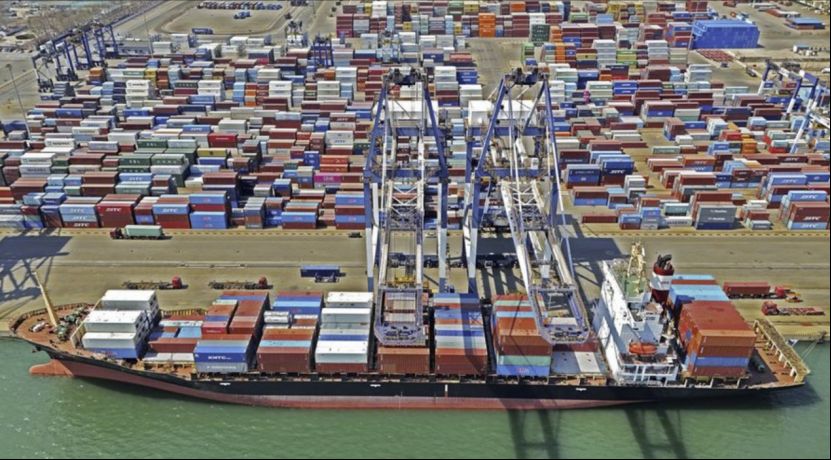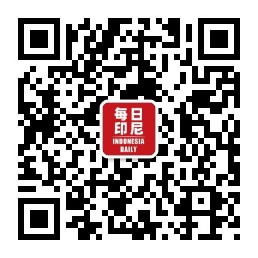Chinese goods transshipment in Indonesia under U.S. scrutiny

The main threat in the current trade dynamics is not only high tariffs, but also possible impediments due to the allegations of Chinese transit, according to the researcher of the economic department of the Center for Strategic and International Studies (CSIS).The U.S.-China trade competition has shifted from tariff wars to reshaping global supply chains, with the U.S. restricting not only "Made in China" products, but also potentially "Created in China" products produced in Chinese factories in other countries, including Indonesia. Transshipment refers to the re-export of Chinese goods through a third country, such as Indonesia. For example, China takes advantage of the Indonesia-Australia free trade agreement to transship goods to Indonesia before exporting them to Australia in order to obtain lower tariffs, or even to change the labeling to "Made in Indonesia" without substantial processing to comply with the rules of origin, such as changing the labeling to "Made in Indonesia.HS code.. The U.S. may use the U.S.-Vietnam agreement as a benchmark to implement different tariff policies for Southeast Asian countries such as Vietnam. Countries that cannot prove no transshipment may face tariffs as high as 401 TP3T, while those that can prove it may have tariffs reduced to 201 TP3T, but it is extremely difficult to prove no transshipment behavior. Southeast Asian countries may be forced to build two separate supply chains (for the U.S. and Chinese markets), leading to higher production costs, export disruptions, and slower industrial growth. And these countries are highly dependent on Chinese raw materials, such as Indonesia, which imports 25% of its raw materials from China, and Vietnam and Cambodia, which are even more dependent. The transshipment problem is not only related to finished goods, but may also extend to investment activities, and the countries concerned need to prove that the supply chain does not contain Chinese raw materials in order to maintain low tariffs. Indonesia's major exports to the US such as textiles, footwear, and palm oil are in high demand in global markets (e.g., the EU), and the EU was the largest importer of 20 major Indonesian products in 2023, e.g., the EU imported 48% of Indonesian footwear products globally (HS 6403). The Indonesia-EU Comprehensive Economic Partnership Agreement (CEPA) negotiations with the EU should also be accelerated and expanded to a larger region to avoid the risk of US tariff discrimination. While market diversification is feasible, raw material diversification is more difficult as current raw material imports are still highly concentrated in specific countries such as China. Indonesia has included the issue of trans-shipment in its tariff negotiations with the U.S. A spokesperson for the Ministry of Economic Coordination acknowledged that trans-shipment is a common practice in international trade and that the issue has become one of the substantive elements of the negotiations, but did not disclose whether or not it has become an obstacle to the negotiations, stating that it is a factor that needs to be considered and calculated in the negotiations.

